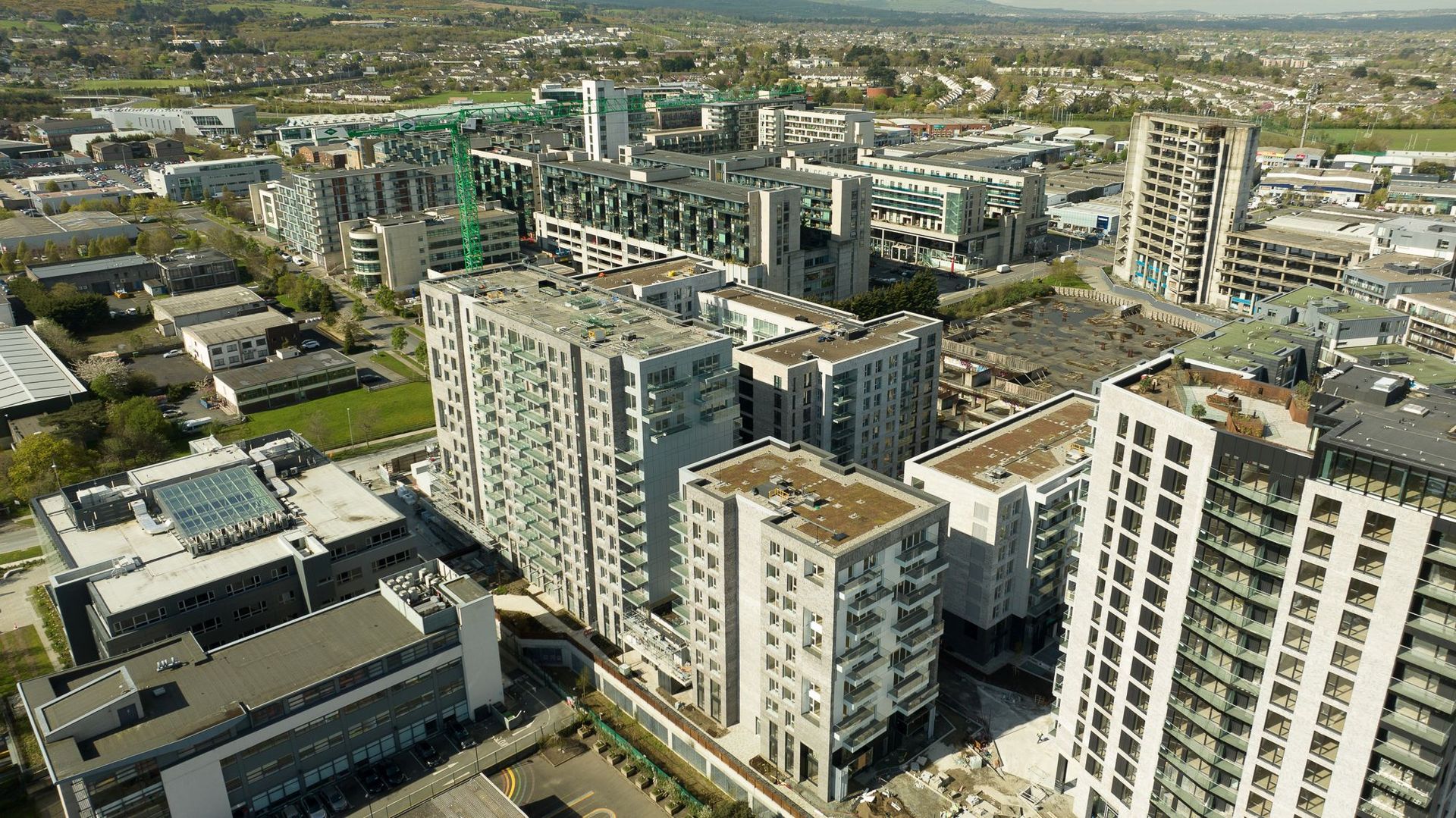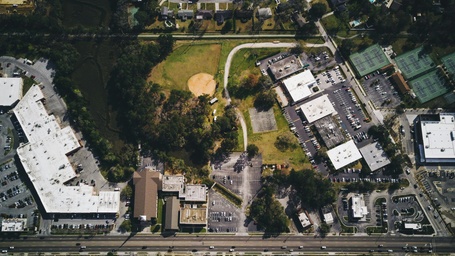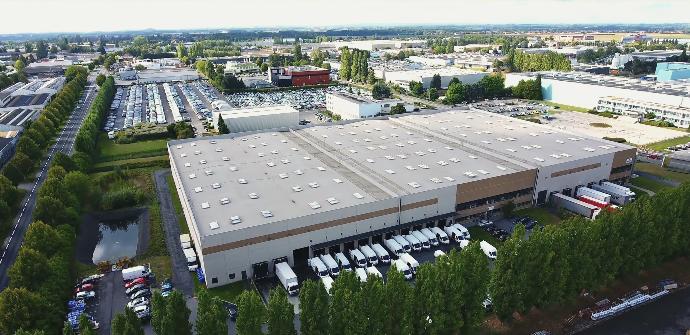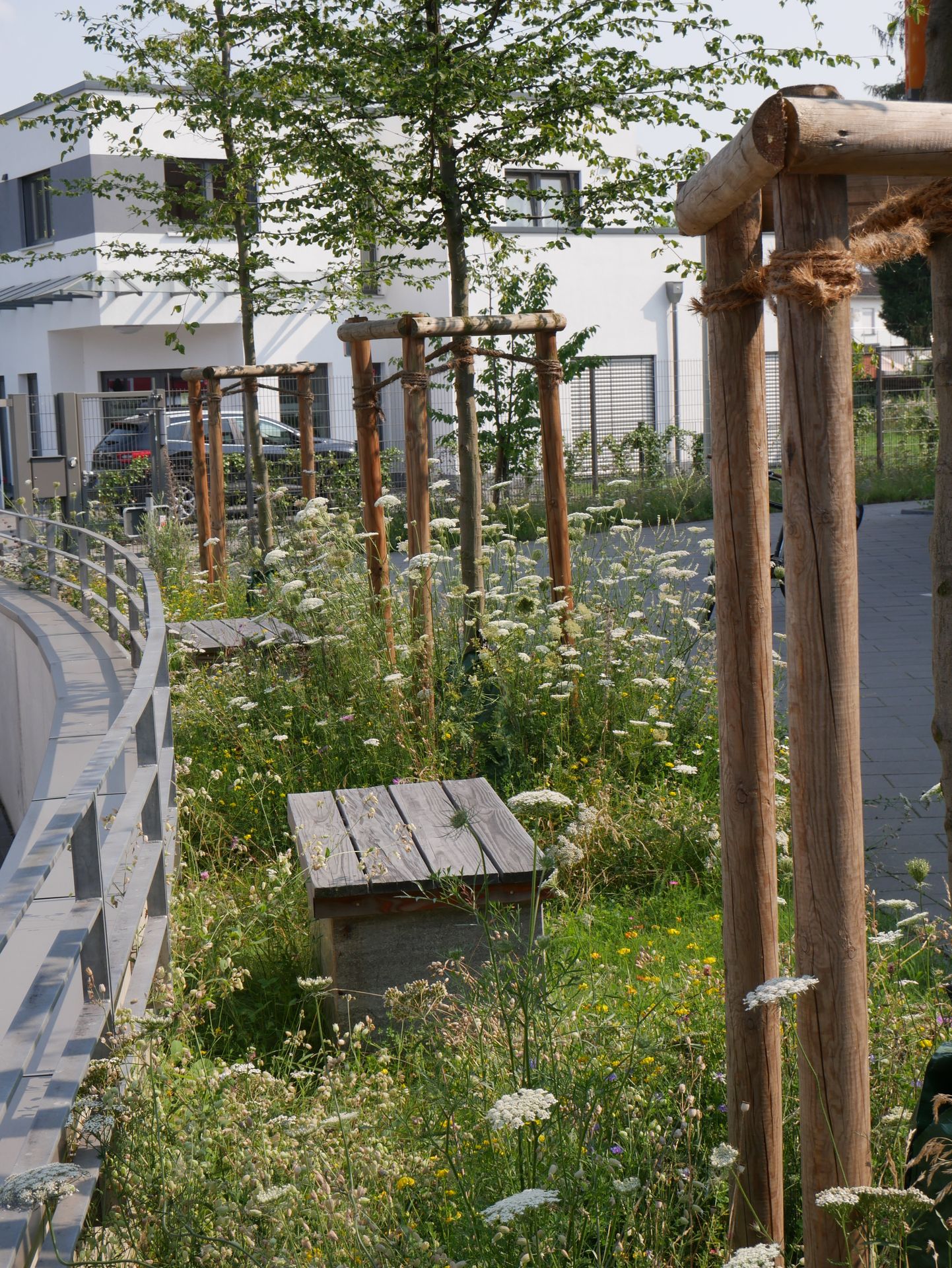In the second part of the 20th century, following the growth of sectors such as technology, pharmaceuticals, and services, the North-West Europe area saw a shift towards more diversified economies, with the emergence of industrial business parks. Despite being at the heart of the economic development, they have been putting increasing pressure on land and the environment, taking up 15 to 20% of the settlement area. Often located in suburban areas, near major highways or train stations, these highly paved (80-90%), sealed surfaces are vulnerable to overheating and therefore contribute to increased heat stress and heat islands in urban areas.
To act upon this, the Interreg North-West Europe IB-Green project aims to make existing industrial and business parks more climate resilient by implementing climate adaptation measures. By mitigating heat stress and improving air quality in urban areas, the partnership is looking to bring about healthier living and working conditions for businesses and municipalities. Seven industrial parks located in five countries within the North-West Europe area will serve as pilot sites for climate adaptation measures to be tested.
Scroll through the slide show and discover what innovative measures will be tested near Dublin, Bruxelles and Lille.
Key figures:
- 11 partners
- 6 countries: Luxemburg, Ireland, Germany, Netherlands, Belgium, France
- Cooperating from 2023 to 2027
- Budget: € 8.9 M



